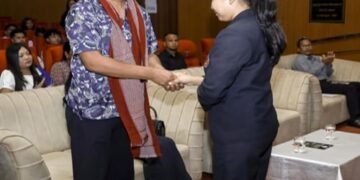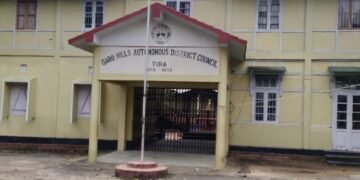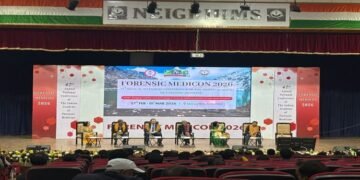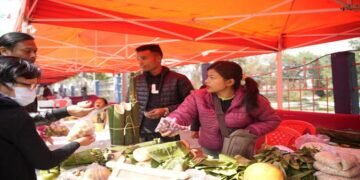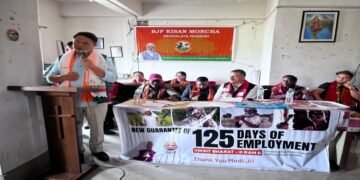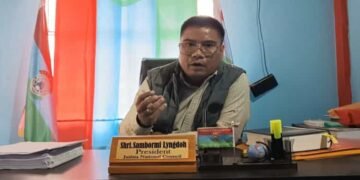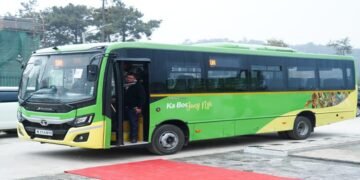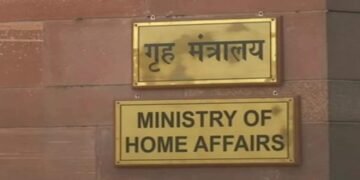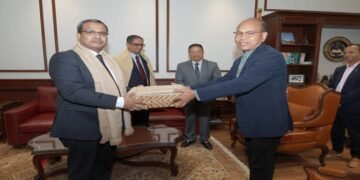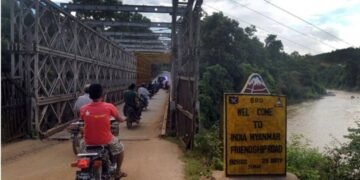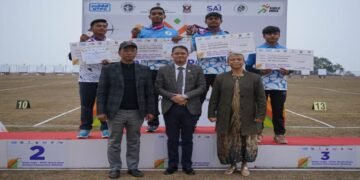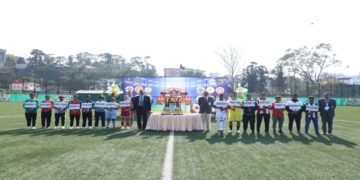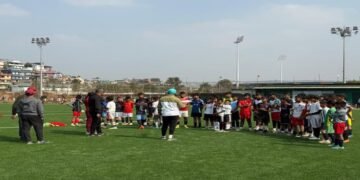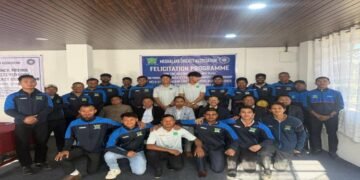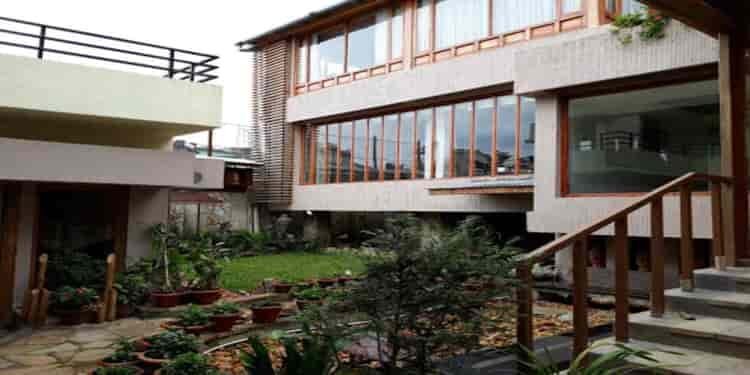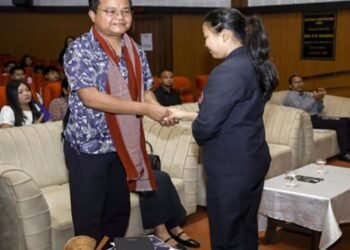Shillong (Meghalaya), Oct 12 : Asian Confluence and UNICITI jointly organised a webinar on Unique, Climate Resilient and Liveable Mountain Cities in Eastern South Asia on Wednesday, 11 October 2023.
The webinar was a prelude to a parallel session both institutions will lead at the 8th Asia Pacific Urban Forum (APUF-8), taking place in Suwon, South Korea, on 23-25 October 2023. The key points that emerged from the webinar will be discussed at the global UN stage with an aim to bring focus on the mountain cities of Eastern South Asia.
In his special address, Dr.Rajan Sudesh Ratna, Deputy Head and Senior Economic Affairs Officer, UN ESCAP, Subregional Office for South and South-West Asia emphasized the challenges faced by mountain cities due to climate change factors and stressed the importance of activating the potential of the local communities and their cultural heritage when addressing mountain cities’ challenges.
The program featured a panel and an interactive session moderated by Ms. Olga Chepelianskaia, Principal Consultant and Founding Director of UNICTI. The panel made insightful interventions on the impact of climate change on mountain cities, urbanization, and identified a number of mechanisms to mitigate these challenges.
Pema Thinley,Senior Urban planner and researcher, Centre for Bhutan Studies, Bhutan, explained how Bhutan has fused national level climate policies into district and village levels, He highlighted the relationship between culture and nature in the country, and delved into the example of the city of Bumthang.
Joydeep Gupta, Editor, Third Pole,India, highlighted the critical importance of having governmental support to generate change at scale which, in turn, depends on how active the civil society is about the ongoing challenges. He pointed out that the water nexus – where mountain cities face both water shortages and floods – needs to be tackled.
Sanjeev Bhuchar, Intervention Manager, ICIMOD, Nepal, spoke about the necessity to conserve water springs through dedicated spring shed management, which involves a cross-disciplinary approach in which both technical skills – such as hydro-geological assessments – and socio-economic sensitivity – such as gender focus – are required to produce impact at scale.
Aiban S Mawkhroh, a renowned Senior Architect, at Atelier A+, Shillong, India delved into the complexity of administrative, land ownership, and community structures and dynamics of Shillong, which illustrates the challenges we need to navigate when working with cities of the region.
Vivek Lyngdoh, Senior Project Associate, Meghalaya Climate Change Centre, Meghalaya Basin Development Authority, spoke about the climate change risk assessment for the State of Meghalaya, and warned that in the coming years, many places in Meghalaya may see an increase in temperatures as well as erratic rainfall patterns
The interactive part of the webinar addressed a series of questions for the panelists and allowed participants to exchange their views and knowledge on the topic. Participants included eminent scholars, urban practitioners, and active citizens from several countries.
During his concluding remarks, Sabyasachi Dutta, Executive Director of Asian Confluence, spoke about the next steps to be taken, such as creating more forums for exchange between policymakers, technical esperts in civil engineering and environmental engineering and civil society, delving deeper into learning best practices from local cultures, urban landscaping, water and waste management, promoting sustainable building materials, etc., in order to help mountain cities of the region upscale local context tailored, climate resilient and liveable urban development approaches.


